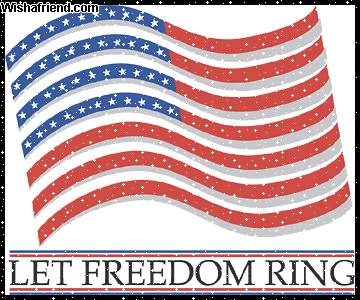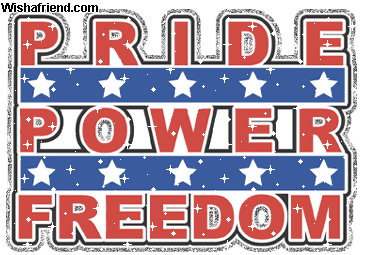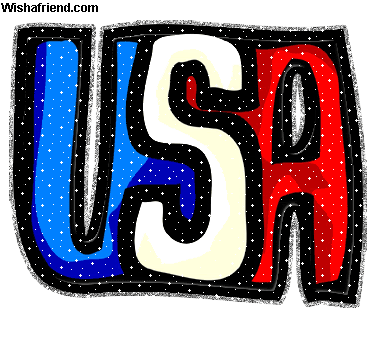Loyalists and Patriots
viernes, 25 de febrero de 2011
We know that Patriots fought against Great Britain but we almost don´t hear about the Loyalists. The Loyalists were people who had close relatives in England, depended financially from the crown or they thought the King was justified in their actions.Most of them were wealthy and honorable. Neutralists were those who either didn't want to fight, lived too far away to fight, or believed in both Loyalist and Patriot principles. German hired soldiers called Hessians were paid by the British government or Parliament to go and fight on the British side. The Patriots wanted to boycott the British because they had to high taxes without any representation in the Parliament.The British controlled the colonists and told what countries they can trade or not.All these anger the colonists who wanted revenge.













